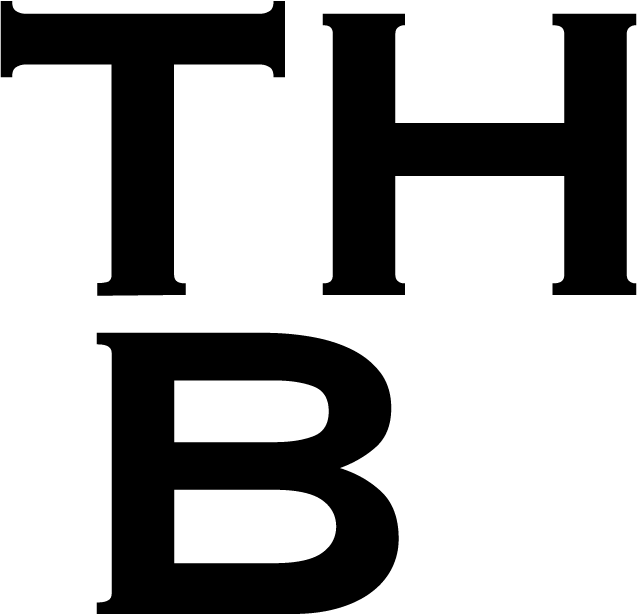
on battlestar eclectica
This week, I stumbled over an Instagram post of Aaron Rose, an artistic hero of mine. He shared the videos he produced for MTV back in the last century’s nineties, featuring a live installation by Spencer Tunick and Harmony Korine’s first ever released short movie. It is quite unimaginable to find those advertising videos on teenagers‘ social media streams, let alone on television air, nowadays.
But why would that be the case? As digital possibilities to consume information and knowledge get vaster, the way these opportunities are curated and promoted lack more and more depth and a personal touch.
Algorithm is a dancer
Back in 2008, instead of trending flicks, Youtube showcased “Featured Videos”, which were originally selected by human editors. The platform said that “original work” was given the spotlight and that it favoured creators, while denying a “magic formula” that valued view counts et cetera. Seven years later the featured videos have been replaced by a trending tab, an algorithmically-generated, constantly updating list of popular videos ranked by view count and how quickly the video was generating views. Today humans only help to edit out inappropriate and misleading content. In early 2021, the eighth most popular video on the Youtube trending page sees a duo ask their followers to “comment below” six times in 22 minutes (Tait, 2021).
In addition to popularity trends, platforms, including some offering education, are also applying the algorithmical „Netflix or Amazon“ experience: You have just finished watching / buying / learning „Y“, why not have a look at „X“?
Just a little of that Human Touch
These approaches often force creators of content and providers of online education to do pretty much anything to grab the algorithms‘ attention in order to trend and sell. They also streamline and flatten the offer, finally resulting in algorithmically conformist learning opportunities. MOOCs (Massive open online courses) are great, but… Massiveness is more than learning at scale, it also brings complexity and diversity (Bayne et al, 2020) if done correctly.
Learning needs to be personal in its broadness, depth and timing, especially online and for long term success. Expertise shouldn’t be a dirty word (Bhaskar, 2016) and we should entrust knowledgeable individuals to guide us online, rather than algorithms. Online learning platforms need to act like independent, eclectic experts. They may work side-by-side with artificial intelligence with a “blended approach (ibid)”.
Gone but not forgotten
Let’s further apply the amazing browsing experience of Andy Hunter‘s online bookstore. It mirrors the joy of discovering a new book in a physical bookshop, with experts in physical shops, rather than algorithms, doing the curating.
The consumption of knowledge needs to get more of the human touch again. In the real world, trusted individuals curate our museums, galleries and music festivals – why don’t we have the same approach to creative content online? Sincere and sometimes risky human curation certainly helps to create an online world that values quality of content, diversity and inclusivity over quantity of likes. An eclectic and personal planet for each and everyone of us.
This article is based on our newsletter “thoughts&coffee” published on 03.12.2021

